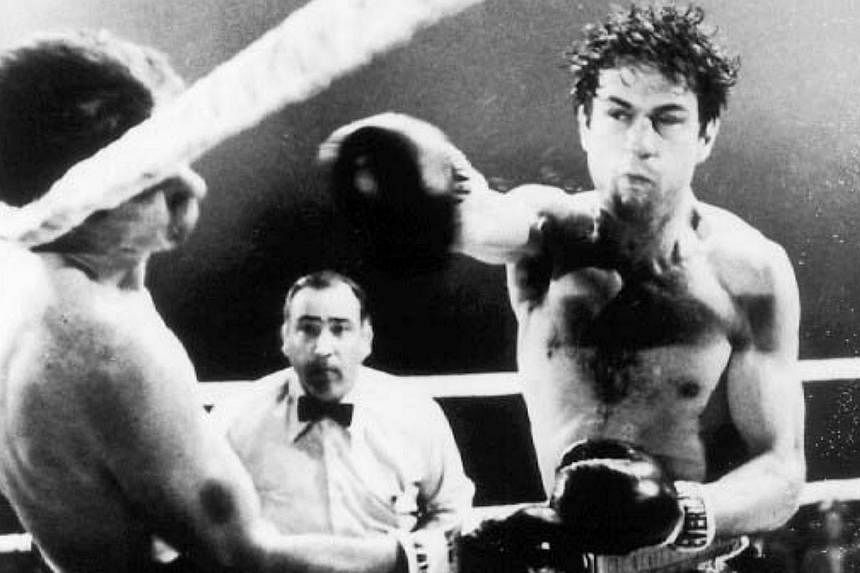WASHINGTON (AFP) - The US Supreme Court on Monday dealt a blow to Metro-Goldwyn-Mayer studios, siding with the daughter of a screenwriter behind Oscar-winning boxing drama Raging Bull over her right to sue for copyright claims.
Ms Paula Petrella, whose now deceased father Frank Petrella worked on the script for the 1980 film, sought damages from infringement of a copyright that she inherited after her father's death.
MGM claimed her lawsuit, filed nearly 30 years after his passing, had been lodged too late.
In a 6-3 decision, the Supreme Court said that Ms Petrella could go forward with her suit against the studio, which she first filed in 2009.
The justices sought to determine whether the "doctrine of laches" - which says a lawsuit cannot be filed after an unreasonable delay - applied in the case.
The movie starring Robert De Niro as the tortured real-life middleweight Jake LaMotta, was directed by Martin Scorsese and was based on a book and two screenplays, one from 1963 that Frank Petrella and LaMotta collaborated on.
"Under the governing law, MGM may use the 1963 screenplay only if Petrella transferred her rights to MGM. She did not," said Justice Ruth Bader Ginsburg, reading the high court's decision.
Ms Paula Petrella, who renewed her copyright in 1991, delayed for 18 years before demanding three years of damages under copyright law in 2009.
MGM subsequently won an appeals court case in California after arguing that Petrella's rights had lapsed.
While the statute of limitations "bars relief of any kind for conduct occurring prior to the three year limitations period," Bader Ginsburg said, Ms Petrella was entitled to her claims from 2006 to 2009.
Justice Stephen Breyer wrote the dissent in which he reiterated that laches apply "in those extraordinary cases where the plaintiff 'unreasonably delays in filing a suit'... and, as a result, causes 'unjust hardship' to the defendant."
"In those few and unusual cases where a plaintiff unreasonably delays... the doctrine permits a court to bring about a fair result," Judge Breyer wrote.
He argued that laches keep a plaintiff - such as Petrella - from filing a suit again and again every three years, especially after he or she sees a company invest its own "development expenses" to create further profit from the work years in the future.
Raging Bull won two Oscars in 1981, including best actor for De Niro's title role.

